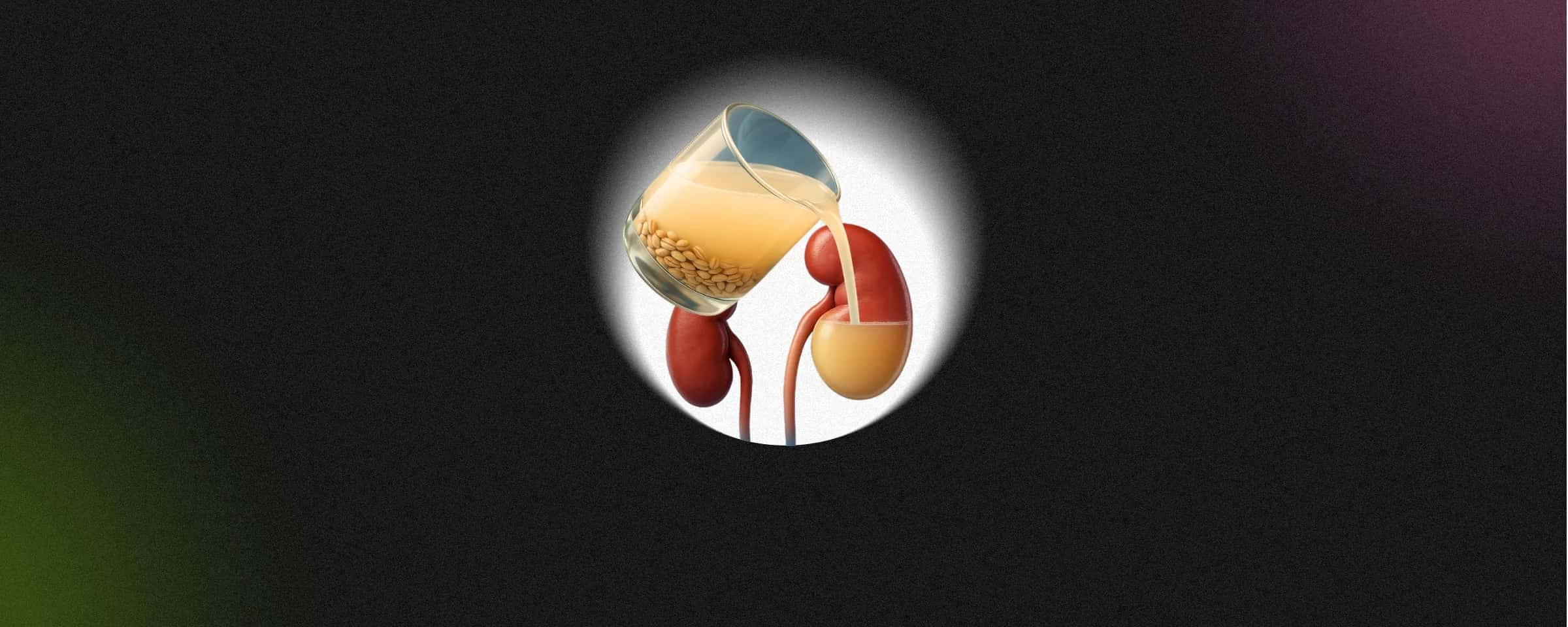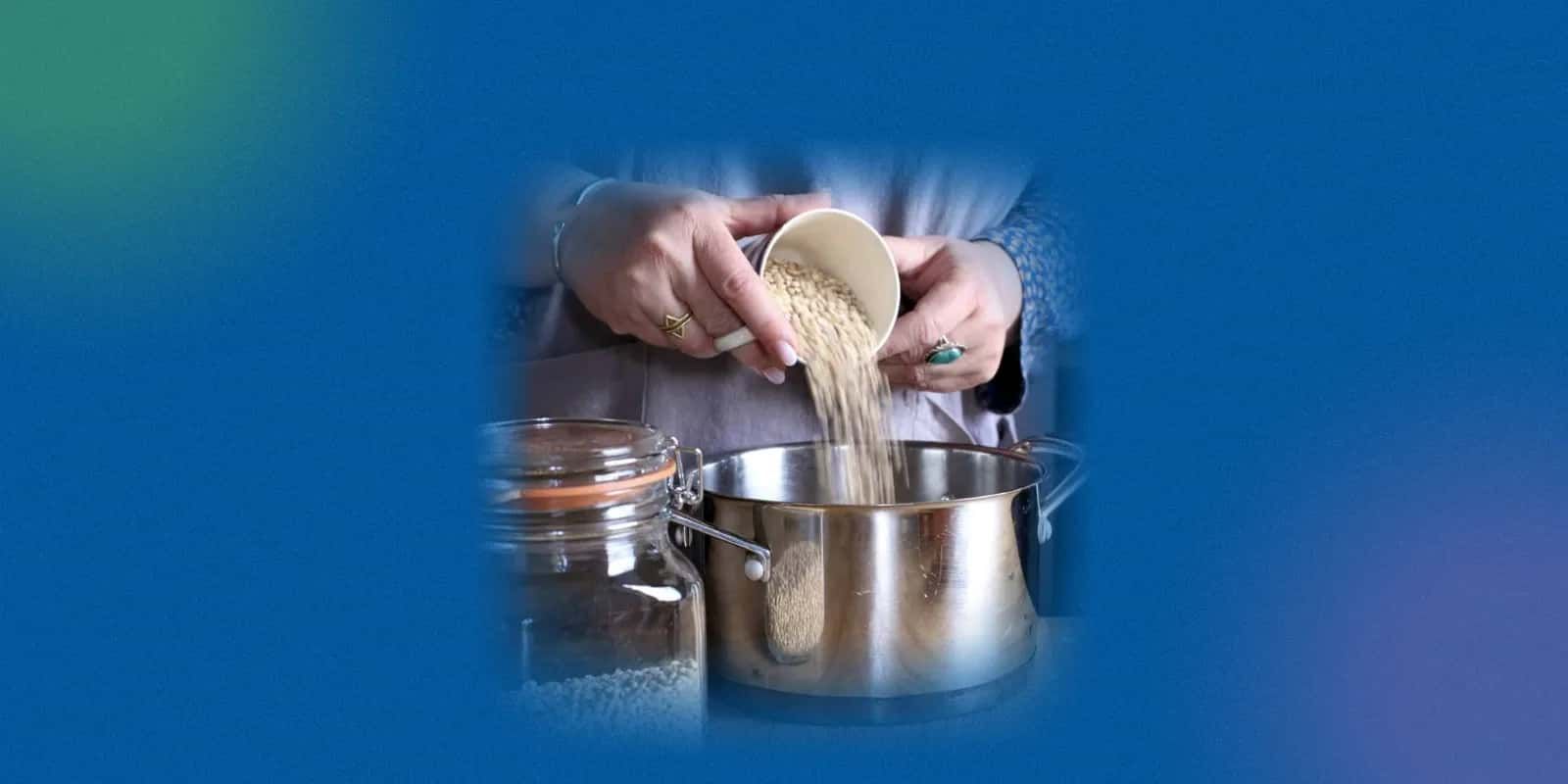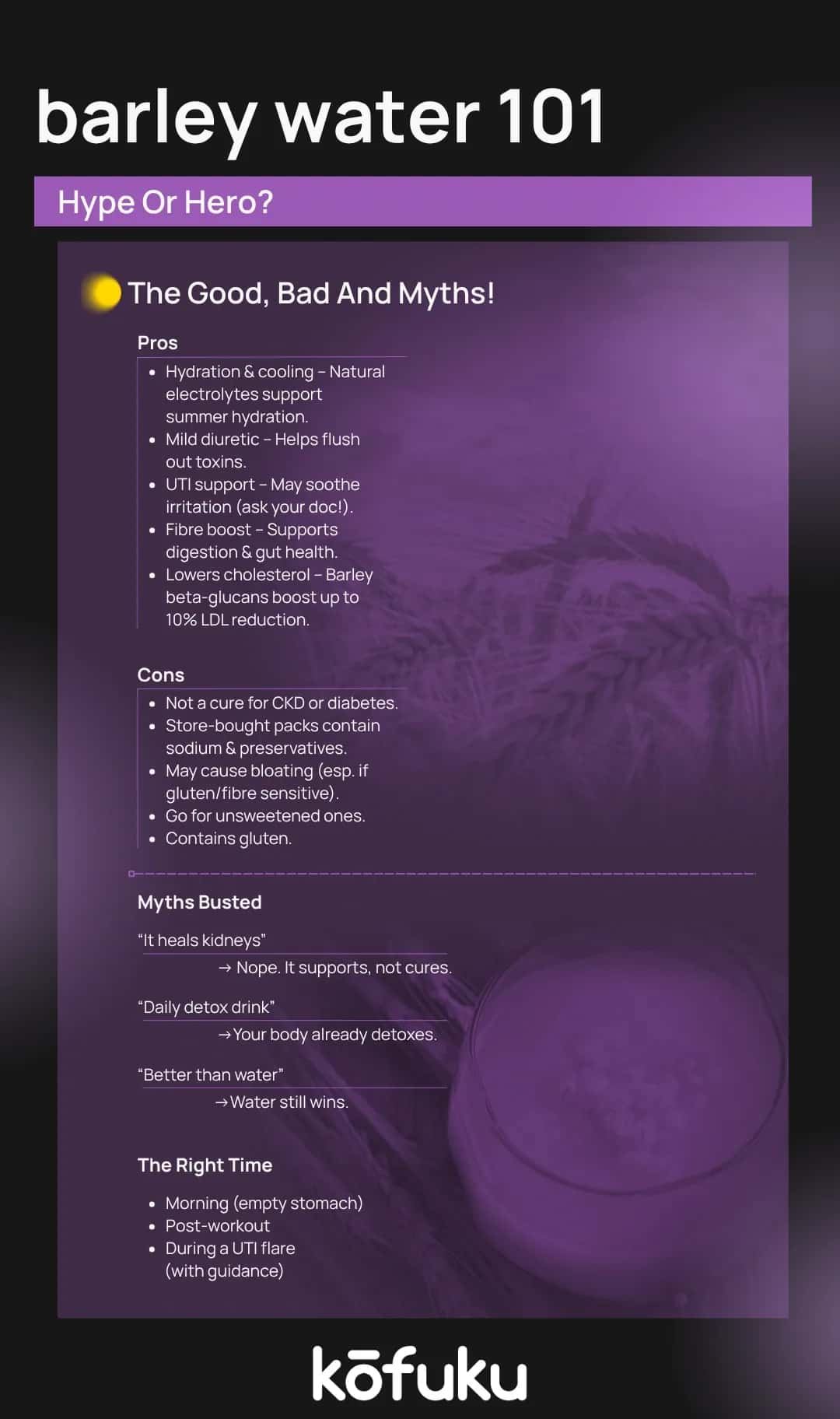Myth Buster: Barley Water Cannot Reverse Chronic Kidney Disease


Introduction
Recently, an Instagram post claimed that drinking barley water benefits the kidneys by reversing chronic kidney disease and kidney stones. But, be aware, do not believe everything you see and hear, trust reputable sources for medical information.
We have often heard that barley water benefits kidneys and barley water benefits for kidney stones, but it is not a cure for chronic kidney disease.
Despite widespread belief, there is no scientific evidence that supports barley water as a reversal agent for chronic kidney disease.
Nevertheless, its reputation as a beneficial drink, due to diuretic, alkalinising, and antioxidant effects, means that it may prove a useful adjunctive therapy in the prevention of kidney stones and general kidney support, but not a panacea for disease.
When Is Barley Water Considered Beneficial?
Barley water may offer genuine support in certain contexts:
-
Barley water benefits the kidneys: Its diuretic nature increases urine flow, helping flush toxins and reducing stagnation.
-
Barley water and kidney stones: Magnesium and vitamin B6 in barley may facilitate the breakdown of small calcium oxalate stones, while its ability to alkalinise urine aids in reducing stone formation risk.
-
Barley water benefits general kidney function in mild cases or as a preventive aid, not as a replacement for medical treatment.
Does Barley Water Help Reverse CKD?
If you want the short answer to the question: Can barley water reverse chronic kidney disease, then, NO.
-
Despite rumours that barley water benefits kidneys by lowering creatinine and reversing kidney damage, nephrologists confirm these claims are not supported by scientific research.
-
Chronic kidney disease requires medical intervention; barely water may offer comfort, but it does not heal glomerular or tubulointerstitial damage.

Effect of Drinking Barley Water on Those With CKD
Despite the false claims that barley water benefits kidneys by reversing chronic kidney disease, drinking barley water does have some advantages.
-
Toxin flushing and diuretic support: Drinking barley water promotes urine output, potentially easing fluid retention and facilitating the clearance of metabolic waste.
-
Reduces calcium deposits: Studies in animals have shown that barley water reduces calcium crystal accumulation in kidney tissue, potentially slowing complications related to kidney stones.
-
pH regulation: Its alkalinising effects help maintain neutral urine, reducing the risk of acidic stone development.
-
Nutrition boost: Consuming barley water benefits by providing soluble fibre and minerals such as magnesium, calcium, iron, and zinc, which are beneficial for maintaining nutritional health in chronic kidney disease.
-
Metabolic acid: Beta-glucans and antioxidants may provide modest support for blood pressure control and glycaemic management.
Overall, barley water may ease some renal symptoms or risks, but it must be treated as complementary rather than therapeutic.

What Precautions Should One Keep in Mind?
Despite the above benefits, barely water might not be everyone’s cup of tea.
-
People suffering from hyperkalaemia or high potassium should exercise caution, barley is potassium-rich and may exacerbate electrolyte imbalance.
-
The gluten content in barley makes it unsuitable for individuals with coeliac disease or gluten sensitivity.
-
Excessive consumption (more than four to five cups every day) may cause bloating, gas, electrolyte imbalance, or even digestive discomfort.
-
Barley water must never replace medical treatment for chronic kidney disease or stones. Use only after consulting your physician.
-
Individuals on low blood sugar or blood pressure medications should consult a healthcare professional before regular consumption.

FAQs
Q. Can barley water help improve kidney health?
A. Yes, drinking barley water benefits kidney health as it acts as a natural diuretic that promotes kidney function and helps in the removal of uric acid. Additionally, it might also help prevent kidney stone formation by inhibiting its growth and aiding in the dissolution of existing stones.
Q. Why do people believe barley water cures kidney disease?
A. Most individuals have a belief that consumption of barley water helps to cure chronic kidney disease because it has been used traditionally to relieve urinary problems and flush out toxins.
Temporary management of symptoms, such as better urination or reduction of swelling, may give a false impression that it reverses chronic kidney disease when the evidence has shown that barley water only supplements the normal functioning of kidneys.
Q. What is the actual role of barley water in CKD management?
A. Barely water is often suggested as a complementary approach in managing chronic kidney disease. However, there is no scientific evidence that consumption of barley water reverses chronic kidney diseases. While it’s not a cure, it may help with symptom management and potentially slow the progression of chronic kidney disease.
Q. Are there risks in overconsuming barley water?
A. Excess of all things may be harmful to health, yes. There are certain risks and side effects of the excess consumption of barley water.
Although barley water is always safe and helpful in abundance, drinking too much of it may lead to problems with the digestive tract, especially among people who are not used to consuming high fibre products.
Q. What are medically proven treatments for chronic kidney disease?
A. Medically proven treatments for chronic kidney disease focus on the management of symptoms, slowing its progression, and addressing complications. These may include medications to control blood pressure and cholesterol, and many others, including:
- Dialysis
- Kidney Transplant
- Lifestyle Modifications
- Early Detection and Management
- Specialist Care

10 Health Benefits of Reflexology You Should Know

10 Health Benefits of Pomegranate

10 Health Benefits of Apple Cider Vinegar You Should Know

10 Weirdest Myths About Weight Training

5-Minute Mindfulness for Busy Lives

Cranberry Juice & UTI: Separating Facts from Myths

